HP Vs. Dell For 3PAR: Winners, Losers, No-Shows

Lots Of Questions, No Easy Answers
Dell's surprise $1.15 billion bid for storage virtualization vendor 3PAR, followed one week later by HP's $1.6 billion bid for 3PAR, looks a lot like a bidding war over a vendor with a unique piece of storage technology.
But it's not. Instead, it's a war over the future of storage as the industry's top vendors look to grab key technologies that will give them the ability to meet customers' requirements for virtualization, data security, and cloud computing.
But the war is raising some important questions about the state of storage, including:
-- Is HP or Dell paying too much for 3PAR? -- How would winning or losing the bid affect each company? -- How would it impact competitors and partners?
UPDATE: 3PAR on Aug. 26 accepted a new, revised offer from Dell for about $1.6 billion.
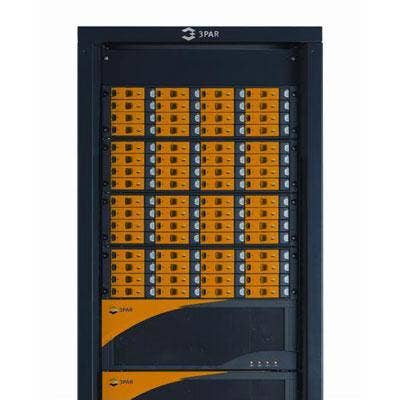
Just What Is 3PAR?
3PAR is a Fremont, Calif.-based developer of enterprise-class storage arrays featuring such services as clustering, tiered storage, and thin provisioning, which allows applications to be configured with more storage capacity than is physically available.
Thin provisioning, when combined with those other services, allows storage customers to avoid purchasing excess storage capacity to meet unexpected future requirements, and is fast becoming a key storage feature as customers look to cut hardware acquisition costs as well as the power and cooling cost associated with hardware.
Those are also important requirements for cloud-based storage.
However, it is important to remember that thin provisioning is fast becoming a common feature found on enterprise-class storage arrays from most of the top vendors.
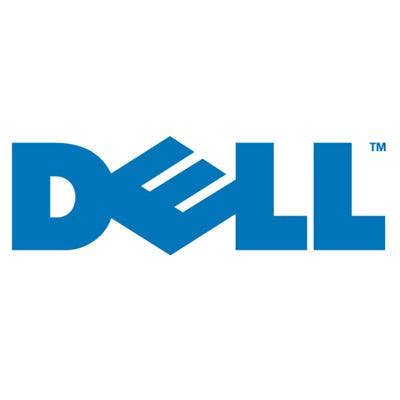
Why Does Dell Need 3PAR?
Dell stands at a crossroads as it looks for ways to remain a player in an IT industry where its PC prowess is no longer enough to make the company relevant.
Dell needs to expand its reach into the enterprise to grow. It has taken some necessary first steps, including acquisitions of Perot Systems, which made it a credible force in the professional services business, and EqualLogic, which overnight gave it industry-leading storage technology combined with a world-class channel partner base.
However, while EqualLogic provides Dell with a strong midrange play, Dell depends on low-margin sales of EMC's Symmetrix and Clariion products to reach higher into the enterprise.
For Dell, then, 3PAR represents an opportunity to reach into the enterprise storage market with its own technology.
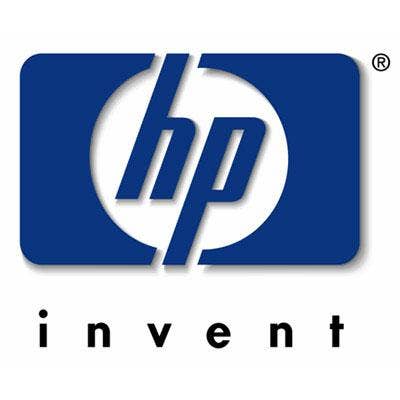
Why Does HP Need 3PAR?
HP is already one of the world's top three storage vendors, and by some measures is number one, and it enjoys a strong enterprise storage business.
However, that business stems in the midrange and entry enterprise market from its EVA technology, which has been around for years and which many observers criticize as being long in the tooth, and at the high-end from a long-term OEM relationship with Hitachi.
For HP, 3PAR would give it its own enterprise-class storage technology, one that would help advance its move towards utility computing, a.k.a. the cloud.
Just as important, or maybe more importantly, acquiring 3PAR would deny that technology to arch-rival Dell.
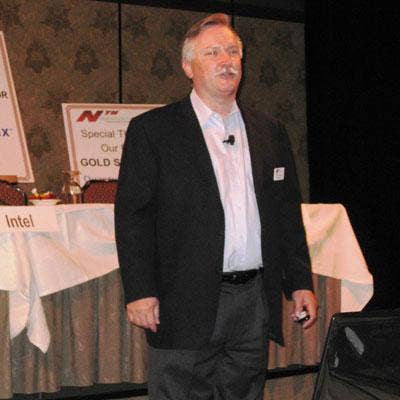
HP's Strategy? "Scorched Earth"
Mark Gonzalez, president of San Diego-based solution provider Nth Generation Computing and a former top executive in HP's storage business, said that HP's goal in everything it does is to win.
"HP's goal with 3PAR is to win," Gonzalez said. "If it can't win, it will delay Dell's acquisition. And if it can't delay Dell, it will scorch the earth and force Dell to use a lot of its cash. It's a brilliant move by HP."
However, it's not all about messing with Dell. Gonzalez said that, when HP sells Hitachi arrays into the enterprise, it has to deal with low margins and questions from customers about how it is different from the Hitachi-branded storage. "So instead of a low-margin product, HP could have its own technology and a higher-margin product with 3PAR," he said.
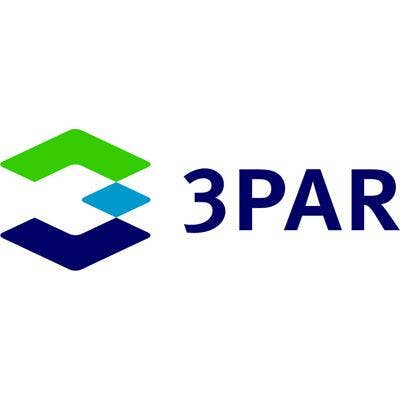
If HP Gets 3PAR, Dell Loses
If HP outbids Dell and acquires 3PAR, that could put Dell into a bind on several fronts.
First, Dell does not get the 3PAR technology, thereby delaying its move into enterprise storage and all the positive drag it could have on the rest of its business. That would mean Dell would need to look at an alternative acquisition, a difficult proposition given the dearth of potential technology companies meeting its needs.
Also, by even going public with its 3PAR bid, Dell has sent a signal to its current storage partner, EMC, that it is on the prowl for alternatives. It's sort of like a guy's brunette girlfriend finding blond hairs all over his business suit.

If Dell Gets 3PAR, HP Shrugs
HP already has a complete storage offering from SMB to enterprise thanks in part to its own technology and in part to relationships with partners like Hitachi. So not getting 3PAR should have no immediate impact.
HP is already one of the most advanced in terms of vendors embracing cloud computing, and while 3PAR's storage virtualization technology would help advance HP's offering, it is not absolutely necessary.

If HP Gets 3PAR, Hitachi Loses
HP's current enterprise-class storage partner is Hitachi, which makes HP's XP series of arrays under a long-term OEM contract.
With 3PAR, HP would be able to offer enterprise-class storage built using its own intellectual property, leading to a higher-margin product for the vendor.
Furthermore, HP could in theory start working on integrating 3PAR technology into its other storage lines over time, and eliminating one of storage customers' biggest complaints: None of the major storage vendors except NetApp offer a unified storage technology across its full range of products.
However, keep in mind that such integration is very difficult.
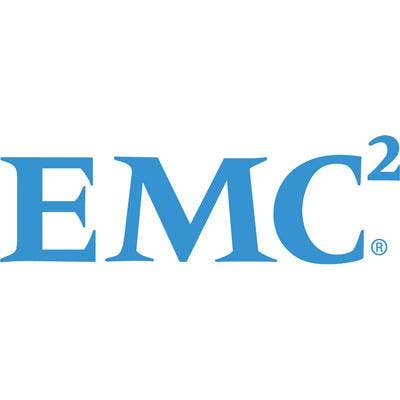
If Dell Gets 3PAR, EMC Loses
Win or lose 3PAR, Dell will continue its EMC relationship on some level. EMC told CRN that it values its Dell relationship, and pointed to EMC's continued Dell relationship after Dell's acquisition of EqualLogic as an example of how the two can continue working together.
But EMC's Dell business was impacted by Dell's 2008 acquisition of EqualLogic. Dell accounts for a smaller percentage of EMC's total sales than in the past, despite Dell's recent adoption of new EMC technology such as its move to resell EMC's Data Domain deduplication appliances.
In the end, however, EMC can only be unhappy with Dell's pursuit of 3PAR.

If Dell Gets 3PAR, Dell Could Lose
HP's bid for 3PAR now stands at about $1.6 billion in cash. If Dell, as expected, raises its bid, it will have to dig even deeper into a cash hoard that is smaller than that of HP.
As of late July, Dell had $11.7 billion in cash and cash equivalents compared to $14.7 million for HP.
3PAR certainly has big plans. 3PAR expects its fiscal 2013 revenue to be about $401.8 million, up substantially from the revenue of $240.1 million it reported for fiscal 2011, which ended March 31. 3PAR also expects earnings to reach $32.7 million by fiscal 2013, up considerably from its loss of $1.6 million in fiscal 2011.
Even so, is it worth a price that could approach $2 billion?
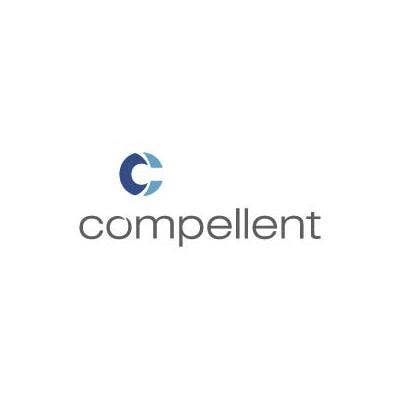
Regardless Of Who Gets 3PAR, Compellent Wins
Storage virtualization array vendor Compellent is one of those most often mentioned as the next company to get acquired. And it certainly has received more than its share of second glances since Dell first said it wants to buy 3PAR.
Investors have taken notice as well, driving Compellent's share prices from $11.86 on the Friday before Dell announced its 3PAR bid to a recent high of $15.56 on Monday when HP announced its 3PAR bid. Compellent's share prices have since slipped to the $14-range.
Should someone acquire Compellent, it will get a 100-percent, channel-only product line and a pre-loaded base of satisfied solution providers.
Other storage vendors mentioned as possible acquisition targets include scalable NAS developer Isilon and storage software developer CommVault.

Regardless Of Who Gets 3PAR, 3PAR Wins
Someone will pay $1.6 billion or more for a company with an annual revenue of about $240 million. 3PAR investors could be forgiven if they are seen dancing in the halls even before the bidding stops.
Several reports indicate that 3PAR executives are more inclined to want to be acquired by Dell, which would be more likely to keep 3PAR as a fairly independent organization in the same way it has done with EqualLogic, which for Dell was a hugely successful acquisition.
But money talks, and 3PAR executives will be winners in either case.

If HP Gets 3PAR, Dell Wins Something At Least
HP may eventually outbid Dell over 3PAR. In that case, Dell at least would not have to spend nearly $2 billion of its cash hoard to acquire the company.
In addition, should HP triumph, 3PAR would be on the hook to pay Dell a termination fee of $53,500,000. That amount can buy a lot of bandages and ointment for broken-hearted Dell shareholders.
UPDATE: 3PAR on Aug. 26 updated its termination fee to $72 million, a sign that it really hopes Dell rather than HP acquires it.